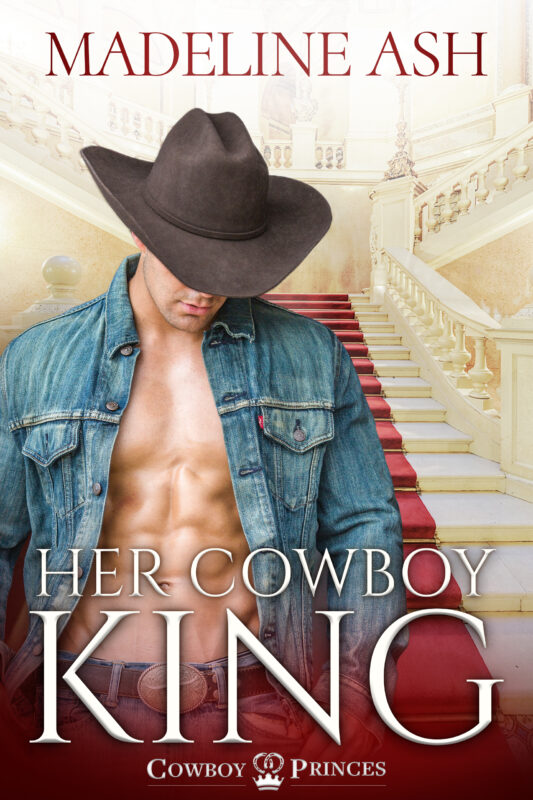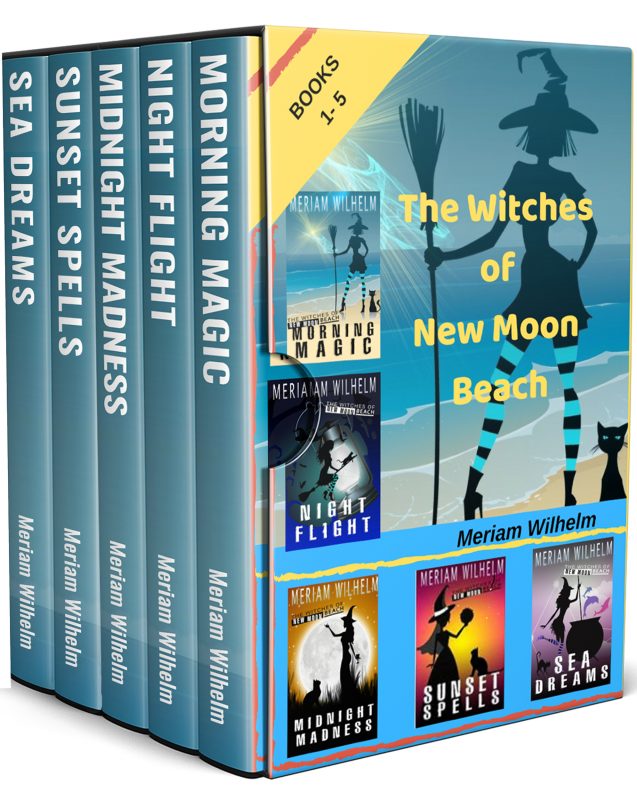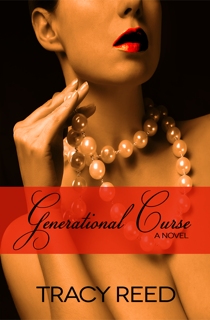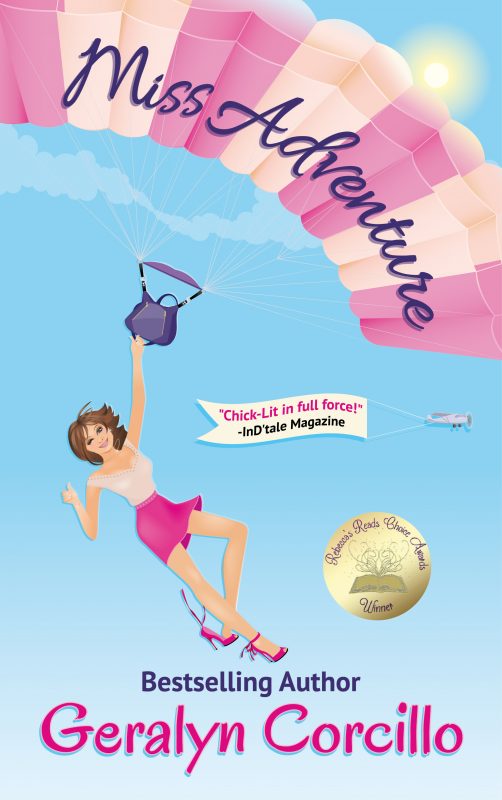
Or How to Take It on the Chin and Grow
(From our archives. We hope you enjoy this rerun from Jenny Jensen)
I attended an author’s chat the other day at our local library. It’s always fun to hear an author talk about their craft— especially if you like their books. The bonus is mingling with other attendees. Who among us doesn’t enjoy chatting with fellow book lovers? I found myself in conversation with two women, each funny, gracious and interesting. When talk got to the inevitable “so what do you do?” I learned Kit was a nurse and Ruth, a writer. I added that I’m an editor and while Kit smiled acknowledgment, Ruth scowled.
Ten minutes later—after Kit had smiled apologetically and bowed out—I’d learned all about Ruth’s experience with editors. “They call themselves editors, but they’re really just critics. They couldn’t even follow the story, let alone the subtext. They’re just mean, simple-minded wannabe writers” and so forth. Yowza! I’d never encountered that before. I know a lot of editors, and none of them fit that bill. Best to just nod and try to look sympathetic while keeping an eye peeled for a graceful escape. Ruth had either met the world’s worst editors, or she’s simply unable to handle criticism. I suspect the latter.
Writing is hard, solitary work. It’s just you creating in a vacuum. Writing requires hours of reading, writing and revising, searching for just the right words to make a character live and breathe, the perfect plot twist, the right feel. Writing writing writing, and then hours of revision. The whole blood, sweat and tears combo. Then there’s the criticism; every writer has to face it if they want to share their work outside that creative vacuum.
It can be a hard pill to swallow. I know. I’ve been singed by some very savvy, very critical edits. Hard to have your heart and soul — not to mention all that BS&T—picked to pieces by others. But like mammograms, taxes and dirty diapers, it has to be faced.
As an editor, I’m really loath to offer a ‘critique’. That word has such baggage. If words have color, then criticism is a red-tinged pulsating mash-up of bruised blue and black. I prefer to think of what I do as editorial assessment, or an overview. (Words really are powerful, aren’t they?!) But no matter how I spin it, it comes down to criticism.
Criticism is like cholesterol; there’s the good kind and the bad kind. The LDL kind, the bad kind, is empty criticism. “ I don’t like it”, “Flimsy and transparent” or “I don’t get it”. My favorite being, “yeah, I read it. Interesting”. Ouch! Then there is the polite, painless approach: “Very nice!” What could that possibly mean?
Constructive criticism is HDL cholesterol, good for every writer’s circulation. Good criticism points out pitfalls and weaknesses, but it also explains why they are pitfalls and weaknesses. It sheds light on why it doesn’t work. Really good, healthy criticism offers solutions. I never expect an author to accept a solution I offer (and most don’t, they find their own). I offer it as a straw man—something to consider, breakdown, reject and replace with a better approach because suggesting a substitute shows the author the problem needing a solution. It’s because a writer creates in isolation that they can’t always hear a misstep. I’m guessing Ruth’s missed subtext was so sub it wasn’t there. Point this out to a writer and the light bulb goes on; they revise, and the story is stronger.
How should you, as a writer, react to criticism? You wrote it, you shared it—you must learn to account for it. How do your words strike people? Did the reader see nothing where you intended a scene to be revealing or suggestive, and so the story is confusing? You can’t dismiss the reader as thick, dense or stupid. You have to look at your words and consider improvement because clearly, those words didn’t do the job you had intended. Whether it’s a missed plot point or character motivation that can’t be seen, maybe it isn’t on the page; it’s still in your head. Revise, rewrite. Listen to the audience your words are intended for. The best writers respect their readers. Your work will only get better.
A good editing critique helps you identify weaknesses. Don’t take it personally. Constructive criticism is useful precisely because it isn’t personal. Your BFF is unwilling to risk a response that might be hurtful, but is that what a writer needs?
Writing’s about kicking doubt in the ass and shoving him out the door. Editing’s about inviting him back in for tea and scrutiny. *
I wish Ruth had invited her editor back in.
*from @novelicious, that magical twitter feed that is double chocolate for every writer’s sweet tooth.
- Author Bio
- Recent Posts
- The Extra Squeeze
- Contact Jenny
-
February 19, 2022
Writers have always given us more than just great entertainment. Throughout the ages storytellers have had a major impact on society.
-
January 19, 2022
A long-term client has an eight-year-old granddaughter who wants to be a writer “just like Grandma”. My client asked me to give this young aspirant some advice about writing.
-
October 19, 2021
I’d love to hear your humorous book suggestions. I’d especially like to read a romance that will make me laugh and sigh with satisfaction.
-
September 19, 2021
We’re so lucky. The English language is like play dough.
Oh yes, we have strict rules of grammar, tense, POV, all the way to the minutia of intransitive verbs.
-
August 19, 2021
This character, Tall T Reynolds, is growing in my mind. I can see him tanned and raw and a bit dusty. I know his world is the 1940’s rural west and I know he’s going to briefly meet Lottie, a beautiful girl in a gleaming open topped coupe. Their brief exchange will never leave his mind. Soon after, Tall T will go off to war in Europe. He and Lottie will meet again in a most unexpected way.

Related
Affiliate Links
A Slice of Orange is an affiliate with some of the booksellers listed on this website, including Barnes & Nobel, Books A Million, iBooks, Kobo, and Smashwords. This means A Slice of Orange may earn a small advertising fee from sales made through the links used on this website. There are reminders of these affiliate links on the pages for individual books.
Search A Slice of Orange
Find a Column
Archives
Featured Books
THE WITCHES OF NEW MOON BEACH BOXED SET
A touch of witchcraft around every corner.
More info →GENERATIONAL CURSE
Kyla James is a beautiful, confident woman. She has two vices, champagne and sex with married men.
More info →MISS ADVENTURE
Can a daydreaming city girl find her backbone by going on daring adventures with an adrenaline junkie?
More info →Newsletter
Contributing Authors
Search A Slice of Orange
Find a Column
Archives
Authors in the Bookstore
- A. E. Decker
- A. J. Scudiere
- A.J. Sidransky
- Abby Collette
- Alanna Lucus
- Albert Marrin
- Alice Duncan
- Alina K. Field
- Alison Green Myers
- Andi Lawrencovna
- Andrew C Raiford
- Angela Pryce
- Aviva Vaughn
- Barbara Ankrum
- Bethlehem Writers Group, LLC
- Carol L. Wright
- Celeste Barclay
- Christina Alexandra
- Christopher D. Ochs
- Claire Davon
- Claire Naden
- Courtnee Turner Hoyle
- Courtney Annicchiarico
- D. Lieber
- Daniel V. Meier Jr.
- Debra Dixon
- Debra H. Goldstein
- Debra Holland
- Dee Ann Palmer
- Denise M. Colby
- Diane Benefiel
- Diane Sismour
- Dianna Sinovic
- DT Krippene
- E.B. Dawson
- Emilie Dallaire
- Emily Brightwell
- Emily PW Murphy
- Fae Rowen
- Faith L. Justice
- Frances Amati
- Geralyn Corcillo
- Glynnis Campbell
- Greg Jolley
- H. O. Charles
- Jaclyn Roché
- Jacqueline Diamond
- Janet Lynn and Will Zeilinger
- Jaya Mehta
- Jeff Baird
- Jenna Barwin
- Jenne Kern
- Jennifer D. Bokal
- Jennifer Lyon
- Jerome W. McFadden
- Jill Piscitello
- Jina Bacarr
- Jo A. Hiestand
- Jodi Bogert
- Jolina Petersheim
- Jonathan Maberry
- Joy Allyson
- Judy Duarte
- Justin Murphy
- Justine Davis
- Kat Martin
- Kidd Wadsworth
- Kitty Bucholtz
- Kristy Tate
- Larry Deibert
- Larry Hamilton
- Laura Drake
- Laurie Stevens
- Leslie Knowles
- Li-Ying Lundquist
- Linda Carroll-Bradd
- Linda Lappin
- Linda McLaughlin
- Linda O. Johnston
- Lisa Preston
- Lolo Paige
- Loran Holt
- Lynette M. Burrows
- Lyssa Kay Adams
- Madeline Ash
- Margarita Engle
- Marguerite Quantaine
- Marianne H. Donley
- Mary Castillo
- Maureen Klovers
- Megan Haskell
- Melanie Waterbury
- Melisa Rivero
- Melissa Chambers
- Melodie Winawer
- Meriam Wilhelm
- Mikel J. Wilson
- Mindy Neff
- Monica McCabe
- Nancy Brashear
- Neetu Malik
- Nikki Prince
- Once Upon Anthologies
- Paula Gail Benson
- Penny Reid
- Peter Barbour
- Priscilla Oliveras
- R. H. Kohno
- Rachel Hailey
- Ralph Hieb
- Ramcy Diek
- Ransom Stephens
- Rebecca Forster
- Renae Wrich
- Roxy Matthews
- Ryder Hunte Clancy
- Sally Paradysz
- Sheila Colón-Bagley
- Simone de Muñoz
- Sophie Barnes
- Susan Kaye Quinn
- Susan Lynn Meyer
- Susan Squires
- T. D. Fox
- Tara C. Allred
- Tara Lain
- Tari Lynn Jewett
- Terri Osburn
- Tracy Reed
- Vera Jane Cook
- Vicki Crum
- Writing Something Romantic
Affiliate Links
A Slice of Orange is an affiliate with some of the booksellers listed on this website, including Barnes & Nobel, Books A Million, iBooks, Kobo, and Smashwords. This means A Slice of Orange may earn a small advertising fee from sales made through the links used on this website. There are reminders of these affiliate links on the pages for individual books.












































